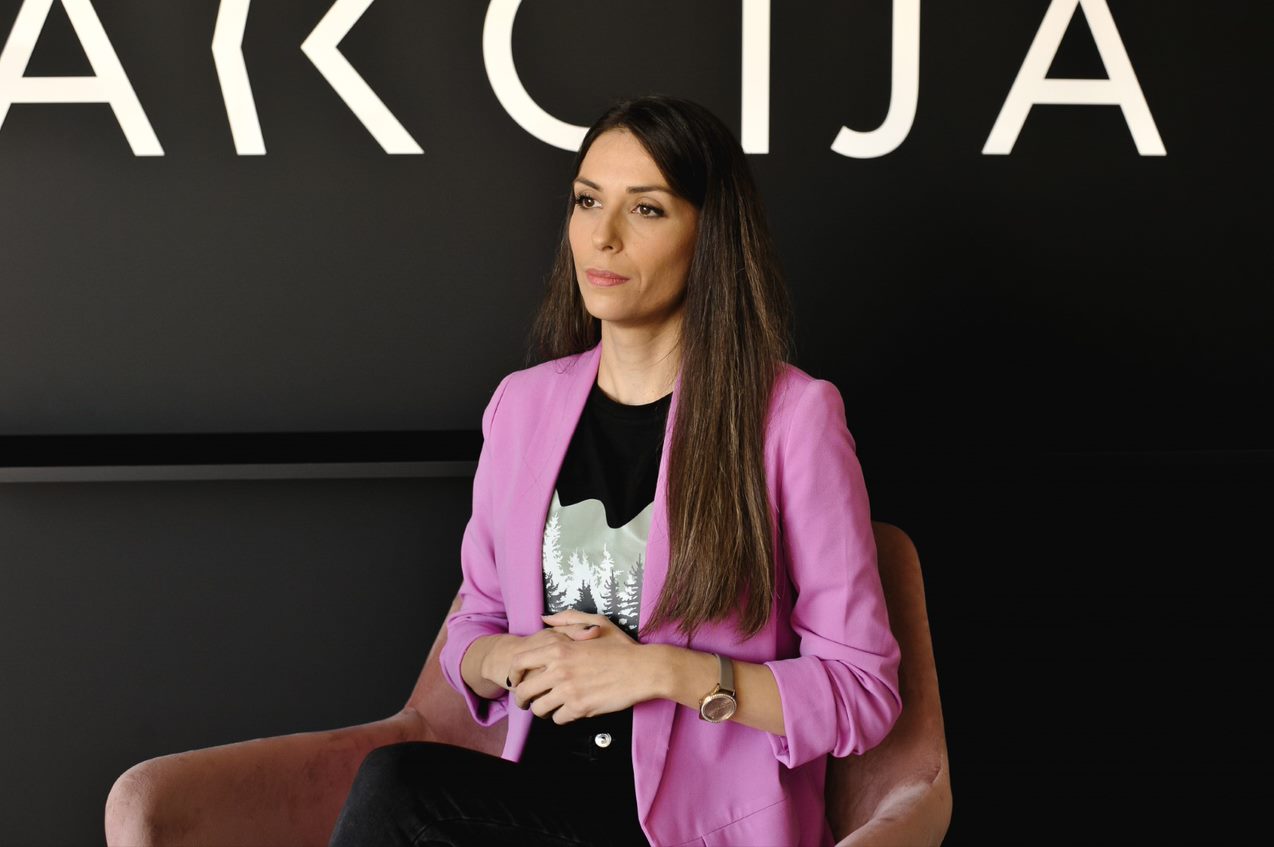The parliamentary elections campaign on social media was predominantly positive, with a strong emphasis on economic rather than identity issues, with occasional use of anti-Western but not anti-EU narratives.
This was observed by monitoring individual Facebook pages of the lists participating in the parliamentary elections, during which the team of the Center for Democratic Transition (CDT) evaluated all posts on official party accounts. The monitoring covered the final week of the campaign because, according to DAMAR agency poll, 25 percent of voters decide whom to support in the elections during that period.
This showed a monitoring of 22 individual Facebook parties that participated in the parliamentary elections, and during which the team of the Center for Democratic Transition (CDT) assessed more than 600 publications on official party accounts during the last week of the campaign (4 -11th June).
Economic issues, such as improving the standard of living, dominated the parties’ Facebook posts, while identity issues were predominantly addressed by national parties during the campaign. Identity issues were most noticeable on the page of the Bosniak Party, followed by True Montenegro, which was part of the People’s Coalition – United and period, and the Democratic Party of Socialists (DPS), Social Democrats, and Free Montenegro…
Regarding economic issues, the Movement for Changes (MFC), Movement Europe Now, DPS, and members of the Being Brave Counts – Democratic Montenegro and Civic Movement URA coalition were most frequently mentioned during monitoring. During the campaign, no anti-EU narratives were observed, meaning that all election participants expressed positive views on the EU. However, there were still anti-Western narratives, predominantly in the posts of the For the Future of Montenegro coalition. Anti-Western narratives included claims that foreign embassies control other parties and institutions in Montenegro, which formed the basis of the majority of this coalition’s campaign.
Pro-Western narratives were most commonly represented by DPS, SD, SDP, MFC, and the Liberal Party (LP) during the campaign. DPS most frequently expressed positive views on the EU, followed by the Social Democratic Party (SDP), SD, and the Bosniak Party…
No pro-Russian narratives were observed during the monitoring, but certain lists presented narratives criticizing Serbian government in by claiming that the country and its president, Aleksandar Vucic, want to control Montenegro. Such posts were identified on the pages of DPS and SDP through monitoring.
Another noteworthy characteristic is that the campaign was positive, with the majority of posts on party Facebook pages focused on promises to the citizens rather than attacks on opponents. Of the posts during the monitoring period, 27 percent were classified as positive, 21 percent could be classified as negative, containing negative connotations either towards the current government or political opponents, while 52 percent of the posts were neutral.
DPS had the highest number of posts classified as “positive campaign,” followed by SDP, Democrats, and SDP. The DPS page also had the most content related to a negative campaign, while SD, Europe Now, SDP, and MFC also had such messages.
Jelena Jovanovic, Executive Editor at portal Raskrinkavanje.me



